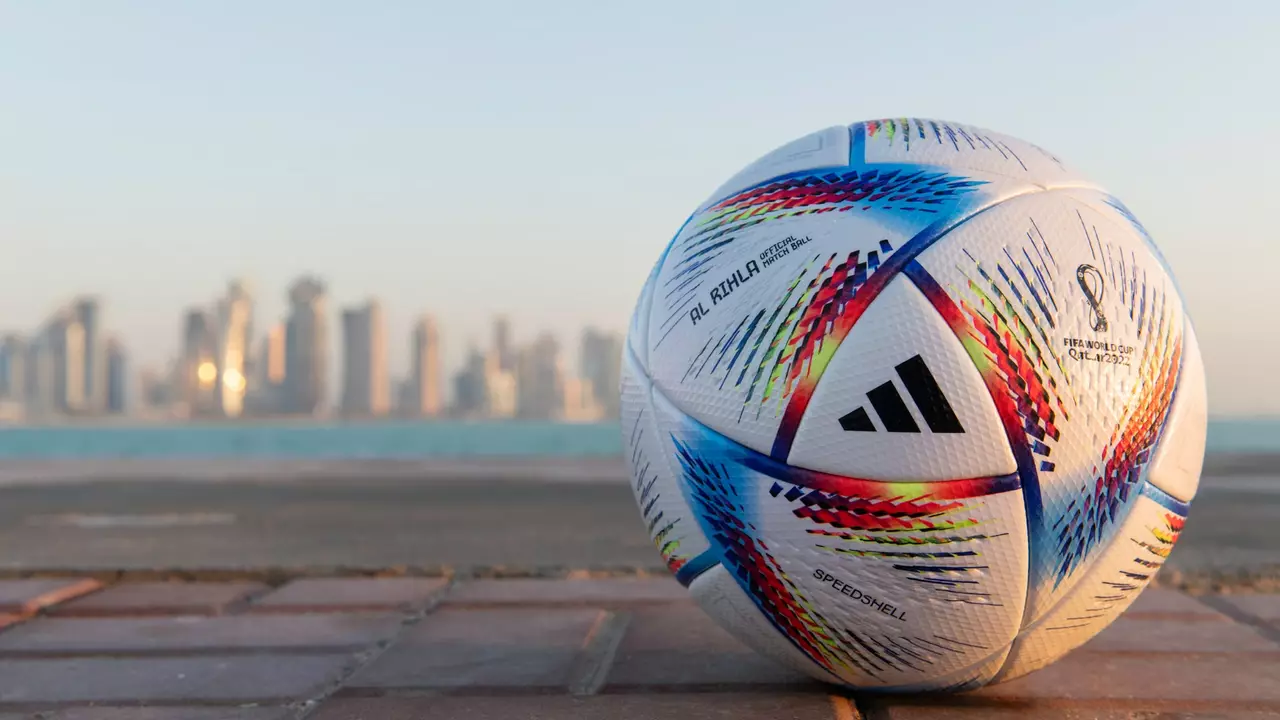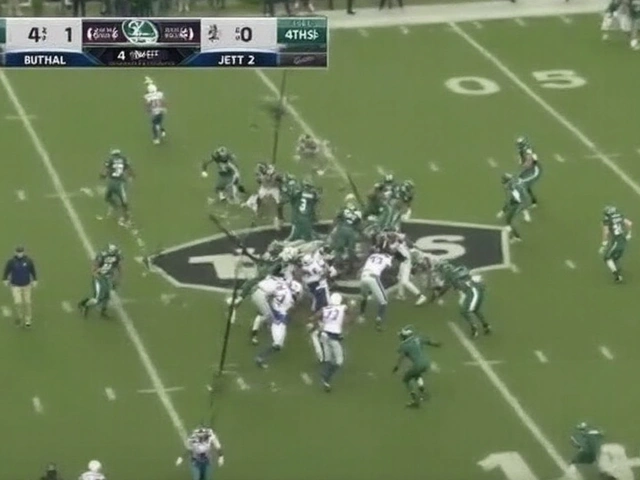
FIFA World Cup: All You Need to Know
If you’re anything like me, the World Cup is the biggest party on the sports calendar. Every four years the whole planet stops watching whatever it’s doing and tunes in to see which country can claim the trophy. Whether you’re a die‑hard fan or just pop in for the drama, knowing the basics makes the experience way more fun.
Quick History at a Glance
The first FIFA World Cup kicked off in 1930 in Uruguay. Since then we’ve seen legends like Pelé, Maradona, and Messi light up the stage. Brazil still holds the record with five titles, but Germany and Italy aren’t far behind with four each. The tournament has grown from a modest 13‑team event to a 32‑team spectacle, and a 48‑team version is on the way for 2026.
What’s Coming Up in 2026
2026 marks a major shift – the World Cup will be hosted jointly by the United States, Canada, and Mexico. That means more games, more cities, and more chances to catch a match live. The schedule is expected to start in June and run into July, with the final likely landing at a massive venue in the U.S. Think massive crowds, big stadium lights, and plenty of travel deals for fans.
Want to know which matches matter most? The group stage will set the tone, but the knockout rounds are where the magic happens. Keep an eye on the “round of 16” – that’s when underdogs often pull off shocking wins. And don’t forget the semifinal and final; they’re the biggest moments you’ll want to have on your calendar.
Watching the World Cup has never been easier. In the U.S., major networks like Fox and Telemundo have the rights, while in Canada it’s usually CTV/TSN and in Mexico it’s Televisa. If you’re streaming, services like Hulu Live, YouTube TV, and the official FIFA app let you catch games on any device. Just make sure you check the local listings for your match times – the tournament spans many time zones.
Planning a trip to a World Cup city? Start early. Flights and hotels fill up fast, especially in host cities like Los Angeles, Toronto, and Mexico City. Look for package deals that include match tickets, accommodation, and local transportation. And don’t forget to grab some official gear – a jersey or a flag can make the experience feel even more personal.
Bottom line: the FIFA World Cup is more than just soccer; it’s a cultural festival that brings people together. Stay on top of the schedule, know the key storylines, and pick the right way to watch, and you’ll get the most out of every goal, save, and celebration. Ready to join the excitement? Keep checking our site for the latest updates, match analyses, and fan tips as the tournament builds toward 2026.
-
30 Jul



